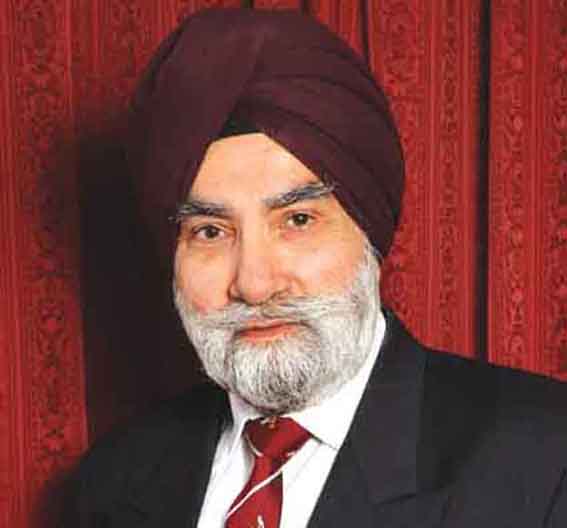Making Sense of Russia–Ukraine War

Next to Russia, Ukraine is the largest country in Europe. Russia believes that the possibility of Ukraine joining NATO in future would jeopardize Russian national security.
The large scale invasion of Ukraine by Russia on 24 February 2022 came as no surprise to the Western countries. In fact, the conflict between the internationally recognised sovereign nation of Ukraine on one side, and, Russia and Ukrainian pro-Russian separatists in the Donbass region in East Ukraine, on the other side, has been going on since February 2014.
On 20 February, 2014, Russia invaded Crimea and the pro-Russian Republic of Crimea was established on 11 March 2014. Recently, Russian-backed Donetsk and Luhansk provinces of Ukraine in the eastern Ukrainian region called Donbass, have been recognised as republics by Russia. So, Russia is now in control of large Russian-speaking areas in eastern Ukraine.
The background to Russia-Ukraine war is complex. The conflict started with a wave of public protests from the central square in Kyiv called the Euramaidan in November 2013 following the refusal by corrupt pro-Russian President Yanukovych to sign a political association and free trade agreement with the European Union (EU). There were accusations by protestors of widespread government corruption, abuse of power, and violation of human rights in Ukraine. The end result was the ousting of President Yanukovych and the overthrow of the pro-Russian Ukrainian government. The majority of Ukrainians oppose what they call the Yoke of Kremlin, that is, the Russian interference and influence in Ukrainian affairs.
In September 2021, Ukraine conducted military exercises with NATO forces. The Kremlin warned that NATO expanding military infrastructure in Ukraine would cross red lines for President Putin. An increasing number of Eastern European countries which were under Russian influence before the break-up of the Soviet Union (USSR) in 1991, have joined NATO in recent years. Russia fears that if Ukraine joins NATO that would threaten the national security of Russia. Yet, the sovereignty of Ukraine is not negotiable.
The consequences of the Russian-Ukraine war can be catastrophic if the madness of the Russian nuclear threat in response to the perceived NATO provocation, is not cured. Two powerful armies are too close to each other for the world to hope that some accident would not trigger the 3rd World War.
UN Secretary General, Guterres has confirmed that the Russian invasion of Ukraine directly conflicts with the United Nations Charter. One expert has suggested that even if Ukraine is targeting Russian-speaking people in eastern Ukraine, it would not justify the countrywide attacks which Putin has unleashed. However, it may be argued that UN would back the right of any distinct people to decide themselves how they are ruled &ndash including self-rule - if they have historical and socio-cultural justifications for asserting that right through a referendum. The Scottish people and the Sikhs of Panjab come to mind.
It may be argued that Russian speaking provinces of Donetsk, Luhansk and Crimea have that legal right as distinct socio-cultural people, which they have exercised by declaring themselves as republics. That should have been made possible through the UN without the need for Russia to use military might to back the Russian-speaking people.
Ultimately, it is the failure of the global community to make the UN work as an effective peace-keeping forum. Let us hope human survival sense prevails.
Gurmukh Singh OBE
Principal Civil Servant Retd.